(As the world gears up to celebrate International Day of Persons with Disabilities on December 3rd, Kartavya will be publishing a five-part series that focuses on the lives of disabled people in Pune with respect to several aspects of their lives, laced with their own experiences - pre and post the ongoing pandemic.
The age-old approach that we as a society have adopted to help the disabled community does not let us separate their disability from their capabilities – we believe both are interdependent. This report challenges that norm through a bunch of expert suggestions and underlines a highly potential obscure approach to tackle disability issues, especially on a socio-political level.)
Don’t you see they are better than us?
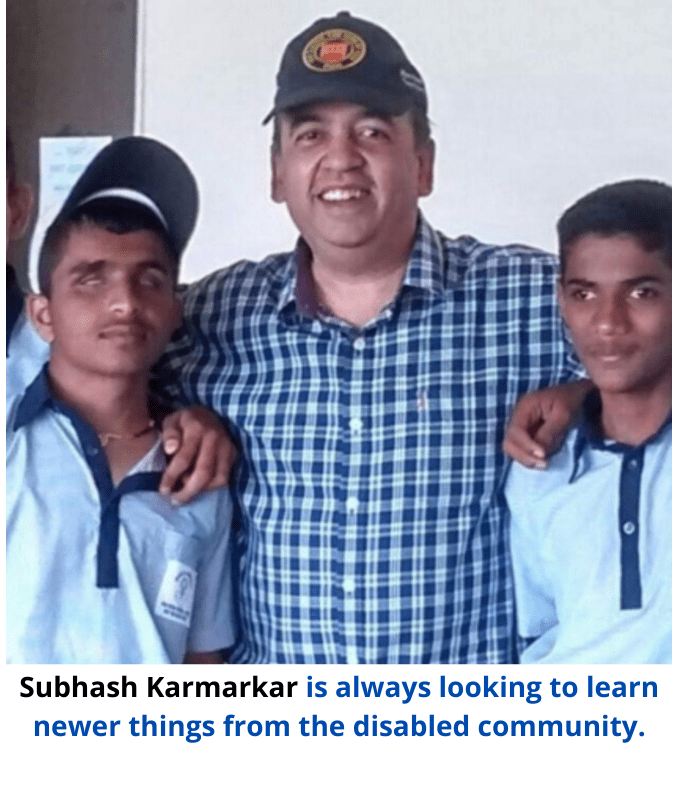 “Tell me Aishwarya, have you ever heard of an already disabled person meeting with an accident?,” asked Mr. Subhash Karmarkar, a social worker associated with the Poona Blind School as well as the Paraplegic Rehabilitation Center. His question made me think for a while, and I was surprised that the answer was a clear ‘no’. “A blind guy once said to me that he pities sighted people like us. We are the kind that meets with at least one accident in our entire lives, while they are the ones who are naturally more cautious and responsible. Now think about the things they can do if they, who are by default much more conscious than all of us in all matters, are given charge of greater things,” he said.
“Tell me Aishwarya, have you ever heard of an already disabled person meeting with an accident?,” asked Mr. Subhash Karmarkar, a social worker associated with the Poona Blind School as well as the Paraplegic Rehabilitation Center. His question made me think for a while, and I was surprised that the answer was a clear ‘no’. “A blind guy once said to me that he pities sighted people like us. We are the kind that meets with at least one accident in our entire lives, while they are the ones who are naturally more cautious and responsible. Now think about the things they can do if they, who are by default much more conscious than all of us in all matters, are given charge of greater things,” he said.
If we look around us, we will rarely see a disabled person in a teaching job, in an IT job, or in hospitals. The basic reason can be the lack of higher education or qualification or even the lack of proper accessibility facilities in workplaces. But one of the vital reasons that lies underneath all is that our social structure does not permit us to look at disabled people as fully competent in doing certain kinds of jobs.
When people with inborn disabilities were asked about their career aspirations, most of them had limited answers – either they want to crack MPSC, UPSC exams, or they want to pursue commerce and banking related jobs. Their options rarely expand beyond that, mostly because these options guarantee government jobs and are a substantial source of income. They rarely explore the jobs that lean towards creativity or independence. It happens because they have grown around people who might be constantly telling them that government jobs are the only haven for people like them. Not that everyone is brainwashed, but it is safe to assume that in most cases, they are.
“I have pursued my bachelors in Geology. The course involves a lot of fieldwork. In three years of my graduation, I did ample fieldwork with the help of my walking braces. My situation was much better back then. But towards the end of the course, one of my teachers hinted that I shouldn’t pursue Geology any further because it will require a lot of fieldwork. Now, he wasn’t wrong, but geology also involves desk jobs. Yes, sometimes it becomes necessary to go on the field, but I believed I could manage. His suggestion just broke my confidence,” admits Jagruti, a paraplegic student from Fergusson College. “I am now planning to explore more of my artistic abilities and get admitted to art schools. This option is also a risky one. But I am definitely going to give it a shot,” said Jagruti, who is an exceptionally talented artist.
People like her are rare cases who make such decisions despite knowing the criticism it will invite. It’s these people that seem to be a ray of hope amidst the long hovering dark clouds of our age-old norms as a society. But sadly, one ray of hope is hardly enough to stop the clouds from pouring.
“Throughout the time I have been working for the disabled, I have seen quite a few people doing independent jobs. One blind person I know has published his book at the age of 24. Few others I know have hearing and speech disabilities, and they work at food joints like KFC, McDonald's, or at other franchisees like Lifestyle or Big Bazar. I even know a doctor from Pandharpur who operates in a wheelchair but has a small clinic in his area. All of these people are excellent with their jobs. You might get a complaint about abled people at jobs, but getting a complaint about the disabled is extremely rare. That is partly because they are as it is conscious about their conditions, so they put their best into their work. But they limit themselves to certain kinds of jobs. I can only imagine how good they will be if they get into running business, teaching, medical and other sciences, or even in politics and bureaucracy related jobs,” says Vishal, an NGO coordinator.
The social structure that has been building for ages is not easy to alter. But welcoming the possibility of disabled people being higher in-charge based on their sheer capabilities and irrespective of their disability is something that deserves our attention and thought. Especially when the COVID crisis has crippled the economy, coercing many companies into laying off their employees, the abilities of the PWDs are being questioned conveniently. They are being targeted as the victims of these layoffs. The unemployment rate among them has increased exponentially over the last few months. Their current jobs apart, the amount of quality the inclusiveness of the disabled at higher positions will bring to our tables can only be imagined in the present scenario. But if it can be imagined, it definitely can be made feasible in the future, only with a lot of acceptance and molding of the norms.
In a world far beyond our mindset, they are stars
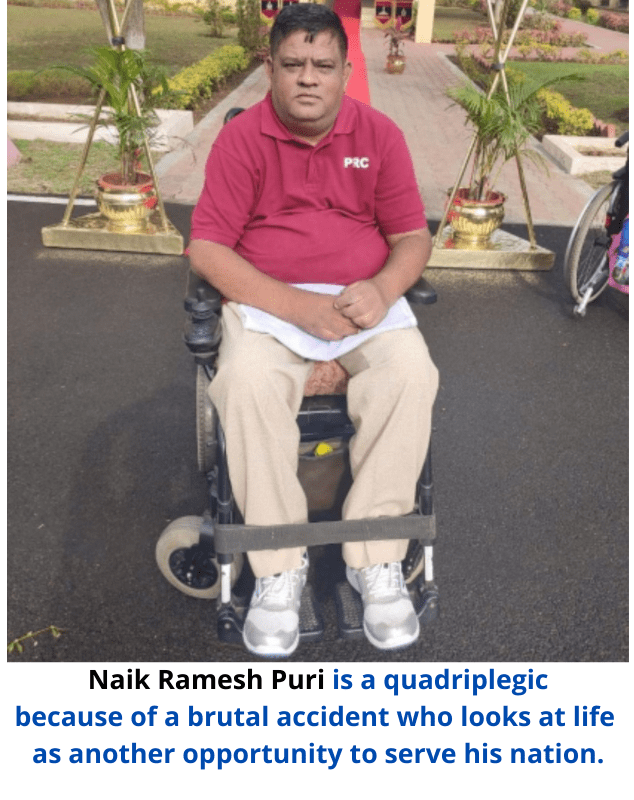 “We do not feel like we are disabled here. I am quadriplegic so I work at a call center for a travel agency for the army personnel here. It’s called Ud Chalo. There are many other jobs assigned to other army personnel who have acquired limb disabilities during war or on duty,” said Naik Ramesh Puri, a rehabilitated Army Personnel from the Paraplegic Rehabilitation Center (PRC) based in Khadki. This is a government-funded center that rehabilitates army personnel and their families and helps them make a living.
“We do not feel like we are disabled here. I am quadriplegic so I work at a call center for a travel agency for the army personnel here. It’s called Ud Chalo. There are many other jobs assigned to other army personnel who have acquired limb disabilities during war or on duty,” said Naik Ramesh Puri, a rehabilitated Army Personnel from the Paraplegic Rehabilitation Center (PRC) based in Khadki. This is a government-funded center that rehabilitates army personnel and their families and helps them make a living.
PRC has a completely disabled friendly architecture, including sports sections like a basketball ground, swimming pool, tennis table, etc. The paraplegic and quadriplegic personnel there are assigned various jobs. Some paraplegics are involved in constructing microphones for the walkie-talkies used by the army, while some others are involved in tailoring work. The quadriplegics are placed in the call center section. A section of mouth paintings done by quadriplegic personnel is terrific. The paintings are perfect, without even a hint of a flawed person behind the brush. Those paintings are sold for several thousand rupees now and then on National and International levels.
“The work that they do here is mostly flawless. Many of them have won several awards in National and International level sports matches. You should just see them playing basketball! It’s a treat to look at!,” said Colonel Mukherjee, who is an in-charge there. A place like PRC shows a way to immense possibilities of how well the disabled people can serve and be served with the right approach. The facilities provided there are flawless, so is the service that those disabled soldiers provide in return. I guess it’s a give and take business - you facilitate them well and give them the right opportunities, and they will serve you even better. Unfortunately, the world outside PRC is not as good a place for the disabled.
If you can’t get in our shoes, let us in yours! (Let’s have a race then?)
“They call us minorities, but we don’t have a vote-bank. I am sure if and when we get a vote-bank, our situations will improve drastically. But that thought hasn’t even germinated in our society yet, let alone in the minds of the politicians. The problem is simple – people who cannot empathize with us cannot help us. There is not a single political leader in the history of India that was or is disabled. If they can’t feel our problems, how are they going to solve them?” asks Yogesh, a visually challenged Political science student.
Lack of empathy is one of the main reasons that the disabled are automatically placed much lower on priority when it comes to minorities of India. A lot of people sympathize with them, even help make their lives better. But the lack of empathy does not let them get over their prejudice of the disabled being less capable than abled people. What Yogesh pointed out was an appropriate logic – involving the disabled people in politics and policy-making is the most logical approach towards solving disability issues in India.
“We’ll first have to enter their manifestos before we enter their parties,” Jagruti gave out a sarcastic laugh. “It is a distant dream really. Getting into the higher house for even a common, completely abled person requires much more than just mettle. Making our way there will not be easily plausible. But yes, it should be tried and done. The situations will definitely change after that.”
The absence of disability issues in party manifestos is a clear implication of what Yogesh said – they will be able to empathize, only if they are one of us. And there can be no better way than to have disabled people as policy-making authorities to deal with their underlying issues efficiently. Even if it seems to be a far-fetched one, this is the path that needs to be taken.
- Aishwarya Dakhore
aishwaryadakhore@gmail.com
(This article was written and improvised by the author as a part of an in-depth report submitted to the Department of Communication and Journalism, Savitribai Phule Pune University. The author holds an interest in writing about issues related to human rights, gender issues, and politics.)
Other articles in this five-part series:
Part 1: Education- the Rusty key to Enablement
Part 2: Disability Stigma: The Real Kingpin
Part 3: Inaccessible Pune of ‘Accessible India’
Tags: civic human rights person with disability disabled disability disabilities series aishwarya dakhore Load More Tags

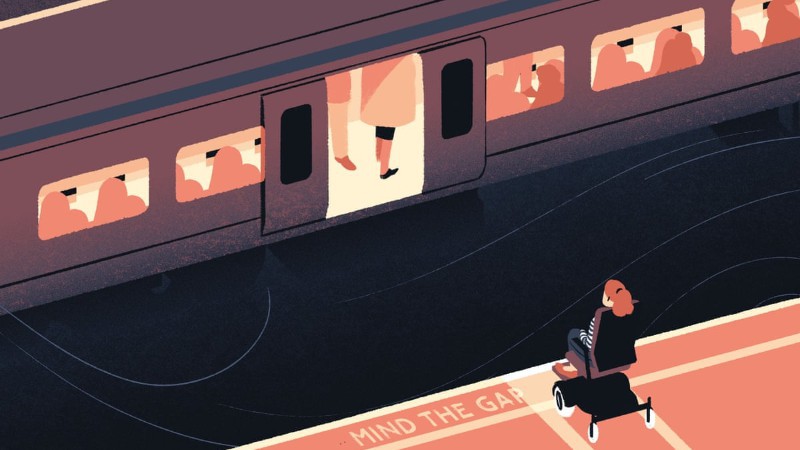

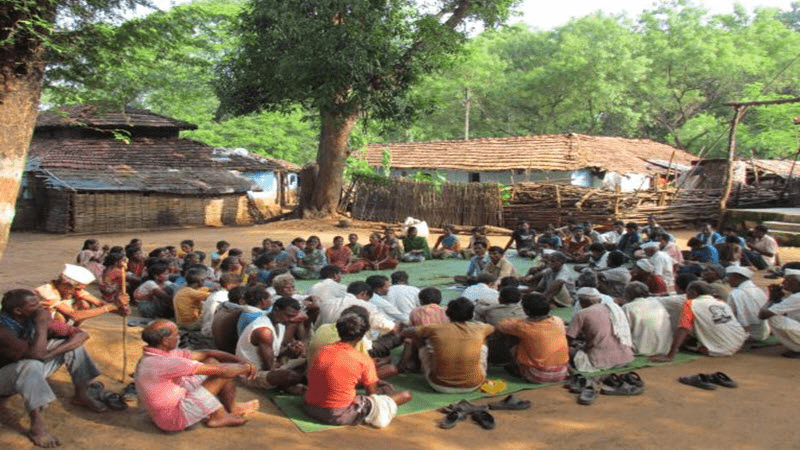
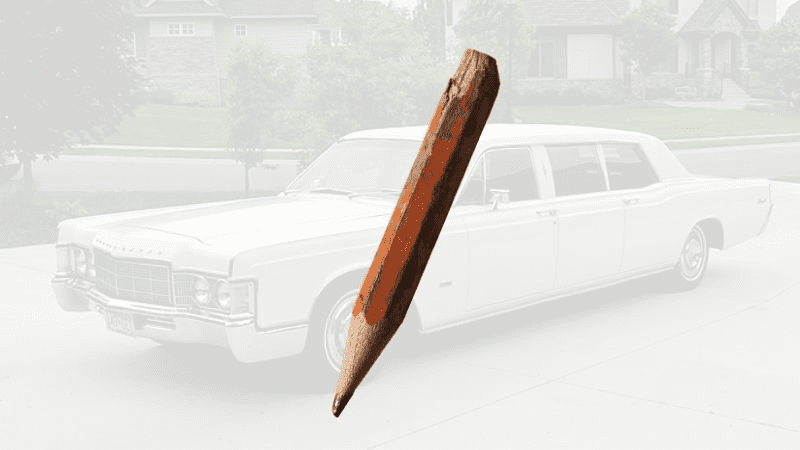
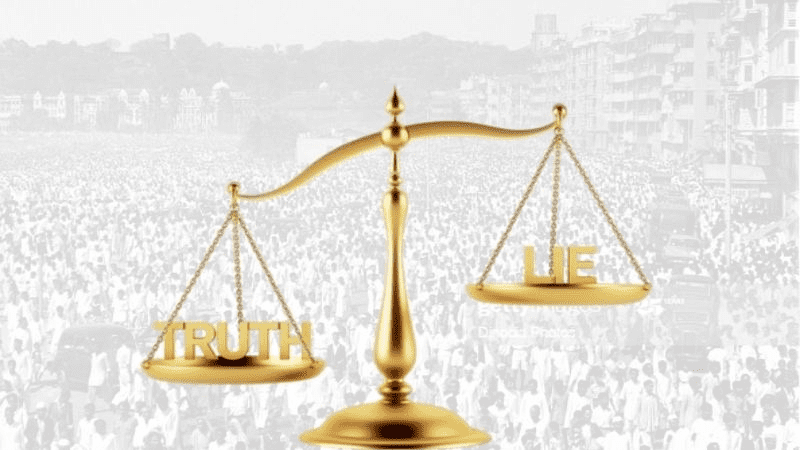

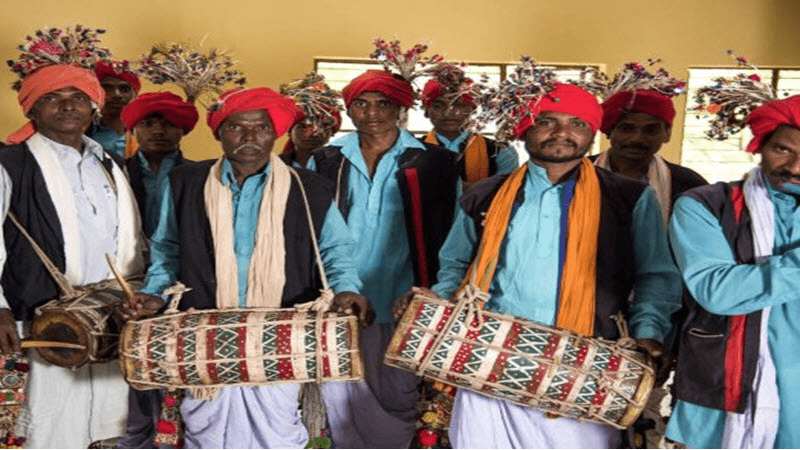
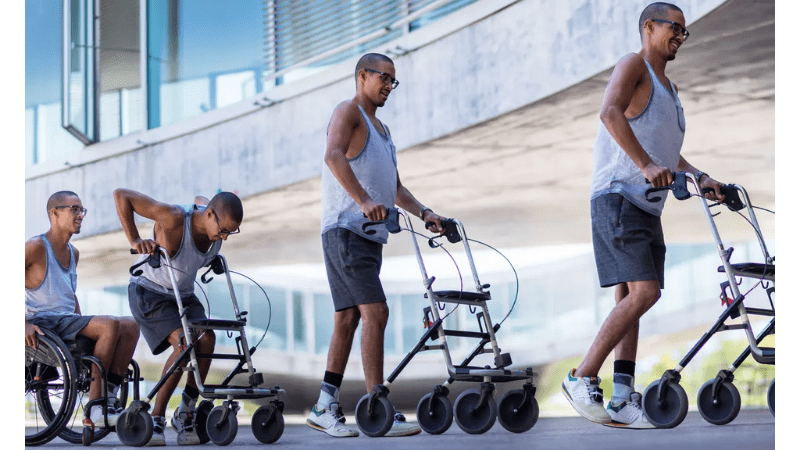
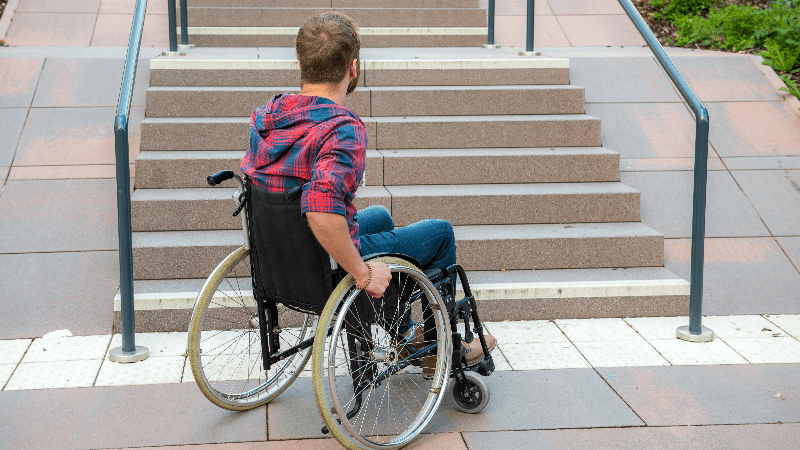
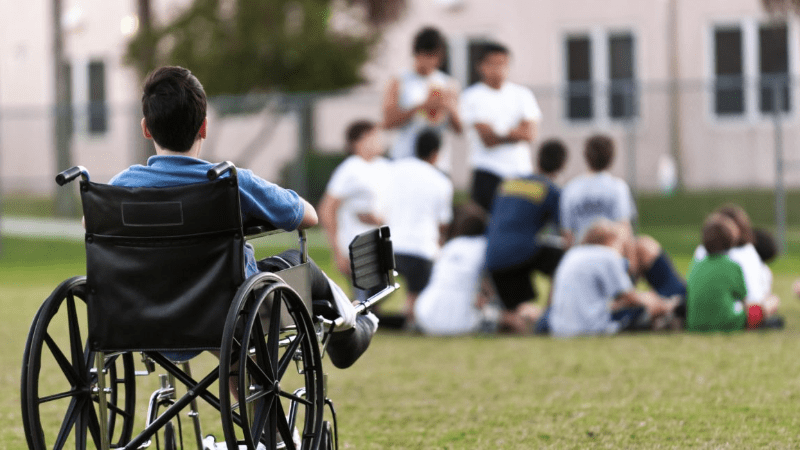
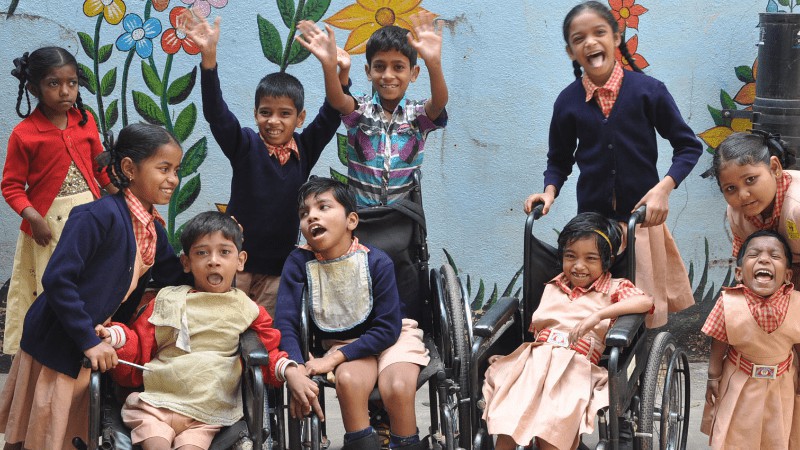

























Add Comment